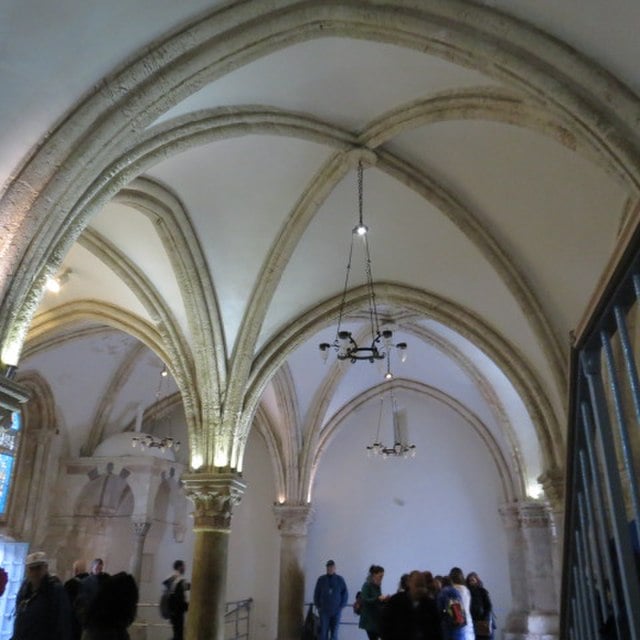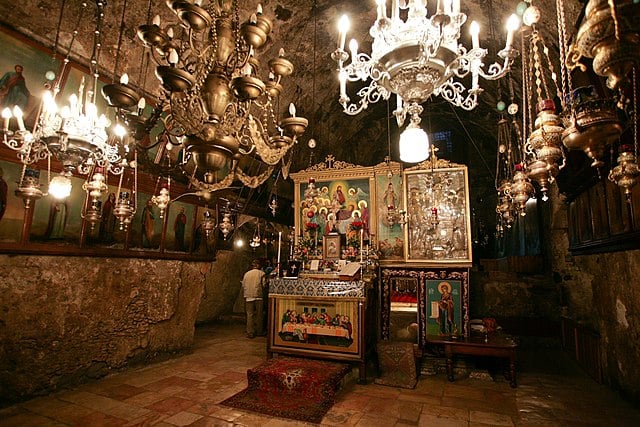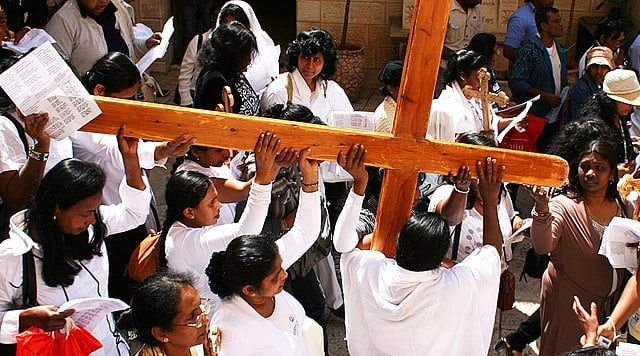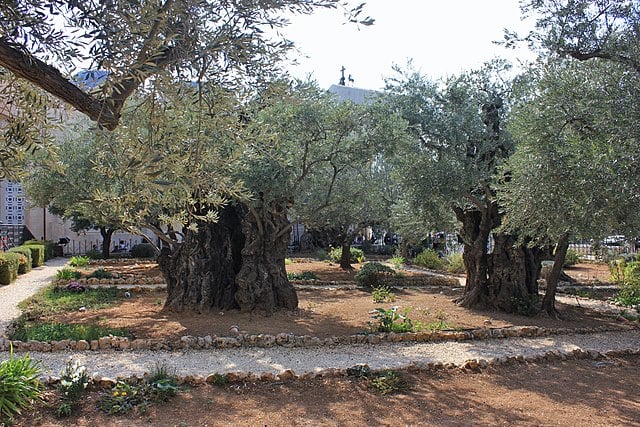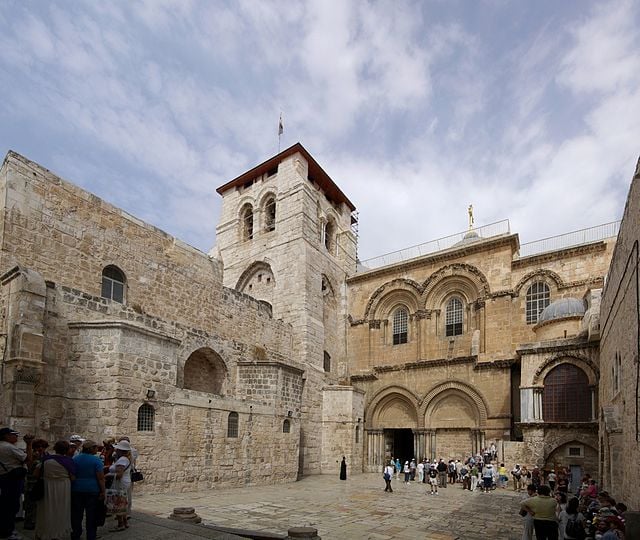India is a land of contrasts with a rich history and a civilization that goes back thousands of years. It also has ancient Jewish communities and was historically one of the most tolerant and welcoming countries for Jews. Modern India offers travelers amazing luxury and opulence, with old-world service standards that focus on honoring guests. India is a real travel adventure with exotic food, wildlife and splendid cultural treasures.
India in a Nutshell
It’s pretty much impossible to describe India in a nutshell. It’s a massive country of over a million square miles, with more than a billion people. Ancient and Medieval India produced advanced civilizations with major religions and literature and sciences that influenced the development of the modern world. Judaism also found a home in India and diverse communities of Jewish Indians thrived in their own niches.
India is essentially a country of contrasts, with urban skyscrapers, stock exchanges and a space program, just miles from tiny rural villages where daily life is closer to previous centuries. Apart from a rich Jewish heritage, travelers can see tropical jungles with tigers, snow capped Himalayan mountains, scorching deserts and palm fringed coastal resorts in a single trip. There are thousands of well preserved cultural sites, ranging from the famous locations like the Taj Mahal, Golden Temple and the Jodhpur Fort to tiny village temples and ancient carvings.
Luxury Jewish Heritage Tours in India
India is a surprisingly popular destination for Jewish heritage tours. There has been a Jewish presence in India since antiquity with significant communities of Cochin, Baghdadi, Paradesi and Bene Israel Jews in cities like Mumbai, New Delhi, Kolkata, Ahmedabad and the coastal paradise of Goa. They built synagogues, schools and libraries and lived quietly among India’s bustle and activity. Most Indian Jews relocated to Israel, but there are still at least 4,400 Jewish Indians living in India today. The best way to explore India’s fascinating Jewish heritage is as part of a luxury small group tour with a carefully tailored itinerary.
The Richness of a Jewish Heritage Tour in India
India is a big place and it can be confusing for people who live there – never mind for American tourists. Just getting from A-B can be a challenge, even when you have your own transport. When you’re part of a small group tour organized by Gil Travel, everything is taken care of and you can explore India’s ancient Jewish synagogues and other cultural sites with ease.
Gil Travel will get you from your luxury hotel to your choice of sites in comfort and safety. That means air-conditioned private vehicles with vetted professional chauffeurs (who know the local roads and can avoid the worst of the traffic). India is generally pretty safe for tourists, but the Gil Travel team will ensure that you are free to enjoy every location in peace and quiet.
Gil Travel tours are entirely flexible, so if you want to take your time and really explore important Jewish heritage sites like the Paradesi Synagogue in Cochin or the Madras Synagogue, you’ll be able to dig deep. You’ll also have an English-speaking guide with expert knowledge of Judaism in India and Jewish historical sites to answer your questions and help you to access other learning resources.
Enjoy the Luxury of a 5 Star Travel Experience!
One thing India really does well is luxury. The country always had royalty and elites who prized their palaces and were unabashed when it came to demanding the very finest extravagance and luxury. These days, there’s a growing professional and middle class that expects standards of luxury on a par with the best that the US, Europe or Japan can offer. You can expect to find a range of luxury hotels with British colonial architecture – Victorian rooms with high-speed wifi – Mughal or Rajput styles, or super-modern high-tech designs.
Indian service standards in luxury hotels are some of the highest in the world and guests are spoiled by the hotel staff. Gil Travel has excellent relationships with some of India’s best hotels and can arrange special deals with personalized services, including private transportation, lectures, yoga, Indian massage or ayurvedic medicine sessions, shopping expeditions and jewelry and fashion tours. If you require kosher food in India -or have any special dietary requirements – Gil Travel can arrange for a unique gourmet experience.
Top 5 Reasons to Travel to India
There are literally dozens of good reasons to travel to India. But here are the top 5 reasons why US Jews are exploring this amazing nation.
- Discover Jewish heritage and Judaism in India
- See some of the world’s most magnificent palaces, temples, and forts
- Try a once-in-a-lifetime culinary adventure (including kosher Indian food)
- Experience luxury and opulence that’s hard to find elsewhere
- Visit some of the world’s most spectacular nature reserves
India isn’t as cheap for foreign tourists as it was a generation ago, but the country still offers outstanding value for money. Your US dollars will go a long way when you change them into Indian rupees and you’ll be able to plan far beyond a comprehensive Jewish heritage tour. If we’re going to sum India up in a single word it’s “adventure”. There is so much to see that you’ll sometimes feel overwhelmed and need to relax by the pool or in a garden hammock with a cold lassi or Indian beer.
Walking tours through historic neighborhoods like Fort Kochi or the Holy City of Varanasi provide a unique experience. You’ll see how everyday modern India still blends ancient cultural threads that would be immediately recognizable to someone who lived a thousand years ago – or even much further back in time. The best luxury tours (with pro guides) illustrate all the different cultural, religious and historical layers that make up 21st century India.
What’s really fascinating about India is the people. It’s important to get away from the marbled floors and air conditioning of the hotel lobby and meet ordinary Indians. Many speak English and are delighted at the chance to meet foreign guests. Gil Tours can arrange for you to meet a variety of interesting people (with an interpreter if need be) and to visit some amazing locations off the beaten tourist track. Tell us what you’re interested in, and we’ll make some suggestions. Your guides will also make sure that you can keep kosher in India and still try the best local food.
Meet Jewish Indians and Visit their Communities
When you’re exploring Jewish culture in India, it’s a real pleasure to meet Jewish Indian people. You can sometimes learn more about the country over a glass of chai and some Indian sweets than you can from days visiting synagogues and museums. Gil Travel can arrange visits and meetings with members of the community, either for simple socializing or for structured discussions about issues affecting Jews worldwide. Since October 7th, Jews are facing serious anti-Semitism on campuses and academia and in the streets. Investing in solidarity and building strong links across the diaspora is suddenly really important.
A big part of any interactive and personalized trip is food! If you think Indian food is just infinite variations of curries, dal and chapatis – think again. It would take a whole lifetime to properly explore Indian food, and Indian Jewish food is an even bigger adventure. It was historically difficult to find kosher meat in India so there’s a big emphasis on fish and vegetarian dishes. Most Jewish communities lived in cities close to the sea, giving them a choice of good fresh fish.
Meat dishes are available and the most popular are pantras or spiced pancakes stuffed with beef, aloo-m-kalla murgi or pot roasted chicken and potato, and hanse mukhmura – duck roasted with fruit and nuts. If you have a sweet tooth, you’ll probably enjoy Bene Israel specialities like chik-cha-halwa and poha. Tailored tours can arrange visits to kosher restaurants and chances to sample home cooking that blends regional Indian styles with different Jewish traditions.
Plan a Tailored Trip to India
We can’t really do justice to India – or India’s Jewish heritage – in a single blog post. The only way to experience this wonderful country is to visit it. A custom-designed luxury tour with Gil Travel is absolutely the best way for US Jews to gain a deep insight into Judaism in India. It’s also the best way to see the aspects of Indian culture and history that really interest you on a personal level.
Gil Travel will help you to plan the best time to visit (avoiding summer heat waves and monsoon rains and enjoying the best of India’s varied climate). Gil Travel will also recommend a choice of luxury hotels in each city and arrange luxury transportation between each destination. Tell us your preferences and we’ll tailor a tour that is the perfect blend of cultural and educational experiences, leisure and vacation, and immersion in India’s vibrant, exciting and constantly surprising daily life.
Talk to us now about planning the perfect Jewish heritage tour of India in 2024. We’ll help you create memories of India that you’ll always treasure!
Read full blog on Gil Travel
